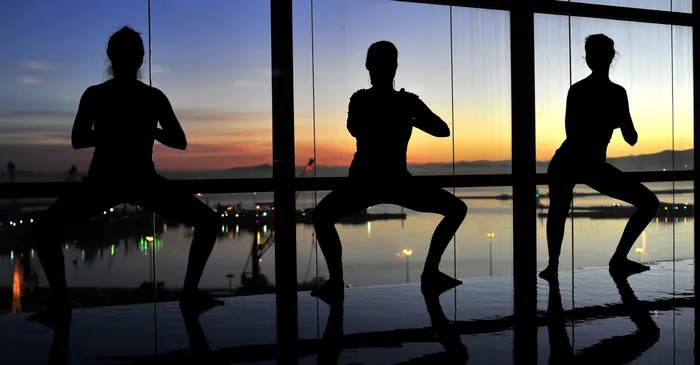WOMEN’S MONTH: Women in the workforce: rejuvenation, replenishment and self-care

File Photo: Henk Kruger/Cape Argus
OPINION: Many women have been hovering on the fringes of exhaustion, not only from the demands that are placed on them at work and at home, but also from the energy depletion resulting from gender-power struggles, writes Keymanthri Moodley.
For decades, working women have been striving to achieve work-life balance, juggling professional and domestic responsibilities. Many women have been hovering on the fringes of exhaustion, not only from the demands that are placed on them at work and at home, but also from the energy depletion resulting from gender-power struggles.
The unprecedented increase in multi-tasking during the Covid-19 pandemic has exacerbated the risk of burn-out and emotional distress.
Alarming levels of domestic violence remain threats to physical, mental and emotional health. The need for self-preservation has become critical.
To start with, we may reflect on the women who have served as role models – our grandmothers, mothers, aunts, teachers or mentors. Many of them have struggled under more hostile conditions than we can ever imagine – poverty, discrimination under apartheid, fewer social support systems, lack of technology, disparate salaries based on gender, fewer conveniences like restaurants and takeaways, less developed infrastructure and poor health-care options. Yet, they survived.
Sadly, many women in disempowered communities in South Africa still face these challenges today.
Although most women in formal employment today have better support at a macro level such as maternity leave (paid or unpaid), equal salaries for equivalent work in most work environments and formal sexual harassment policies at work, they still struggle with poor representation in leadership positions, suboptimal childcare support and lactation facilities at work and career interruption related to family responsibilities.
Women also struggle with a range of subliminal forms of discrimination – patriarchal work environments, bullying by male colleagues in superior positions, patronising or paternalistic electronic communication from male superiors, dismissive attitudes from male colleagues during meetings, punitive action for challenging authority, among others.
Those in less formal work settings are worse off and they may not have the power to negotiate for fair working conditions, benefits and safe working environments.
That women even need to fight these additional battles every day is unnecessary, unacceptable and untenable. Yet we do. So, how do we reboot at the end of each day to face the next challenge with renewed energy?
How we define “work” is important. For some, cooking and cleaning may be regarded as unwelcome chores or tasks best delegated to others or robotic cleaning systems. Others, often as a position of compromise, view this as a chance to de-stress or exercise.
The middle ground here is shared responsibility for household duties with partners and dependants, freeing up women to allocate dedicated time for relaxation. Some women have hobbies that provide enjoyment, fulfilment and relaxation. Support groups and book clubs also serve to provide diversions.
Many women today engage in mindfulness practices ranging from meditation to yoga but also other simple activities like a walk on the beach, gardening or time with nature. In general, mindfulness practices assist to calm the mind and body and help to release negative thoughts. The methods are easy to learn, accessible to all including via mobile applications and inexpensive.
Creating space and time for rejuvenation and replenishment is not self-indulgent nor should it be regarded as a luxury … it is essential to survival and growth. Self-care involves nurturing oneself – physically, mentally, emotionally, spiritually. Taking care of one’s physical, mental and emotional health is a pre-requisite for a holistic and authentic life. As women, we need to be kind to ourselves.
*Moodley is a professor and director at the centre for medical ethics and law department of medicine faculty of health sciences at Stellenbosch University.
* The views expressed here are not necessarily those of IOL and Independent Media.
Related Topics: